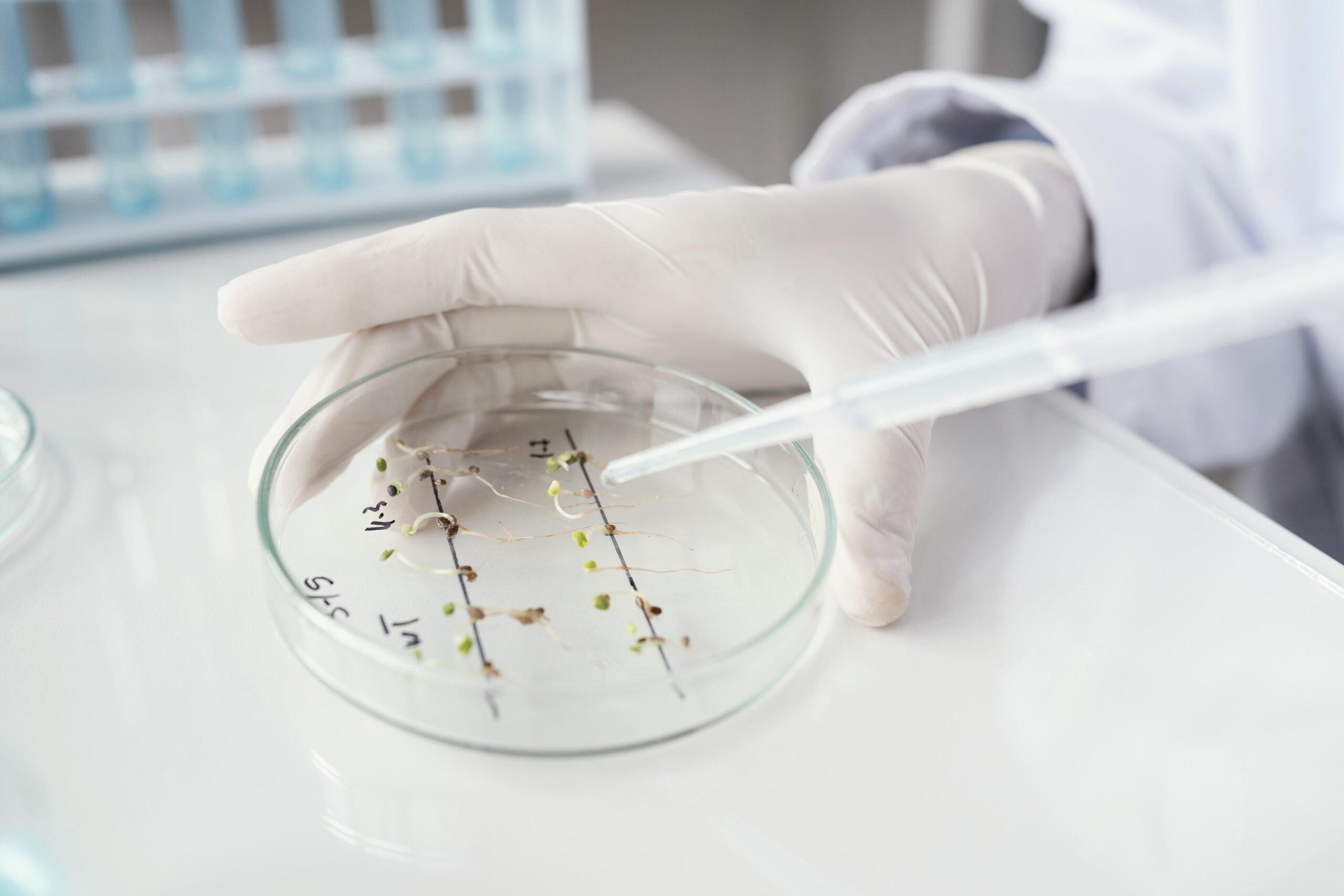Despite their minuscule size, microbes are essential to the wellbeing and smooth operation of ecosystems. These microscopic organisms—which include algae, fungus, and bacteria— perform vital functions that uphold and support a range of ecological processes. Gaining an understanding of their roles is crucial to understanding how ecosystems work and react to changes in their surroundings.
Microbes and Nutrient Cycling:
Carbon Cycle: Carbon dioxide (CO2) is released into the atmosphere by microbes during the breakdown of plant and animal debris. Plants use this CO2 for photosynthesis, which is how the food chain is built. Soil also stores some carbon, which helps with long-term carbon storage. • Nitrogen Cycle: An essential component of the nitrogen cycle are microbes. Some bacteria convert atmospheric nitrogen into forms that plants can use, such ammonia. Plants absorb the nitrates and nitrites that are produced when others transform organic nitrogen. Denitrification, which completes the cycle by returning nitrogen to the atmosphere, is another process in which microbes are involved.
Phosphorus Cycle: Phosphorus is released from organic debris and made available to plants with the aid of microbes. Additionally, they help phosphorus change into other chemical forms, which affects the nutrient’s availability and movement in the soil.
Microbes and Soil Health:
Microbial activity has a direct impact on soil health. Soil microbes aid in the degradation of contaminants, improve soil structure, and encourage plant growth.
Soil Structure: Microbial activity helps form soil aggregates by binding soil particles together. This improves soil aeration and water retention, creating a more favorable environment for plant roots.
Plant Growth: Certain microbes, such as mycorrhizal fungi, form symbiotic relationships with plant roots, aiding in the absorption of nutrients like phosphorus and nitrogen. Other soil bacteria produce growth-promoting substances that enhance plant health.
Pollutant Degradation: Microbes can break down organic pollutants, such as pesticides and hydrocarbons, in a process known as bioremediation. This natural cleaning process helps in mitigating soil and water pollution.
Microbes and Ecosystem Resilience:
Microbial diversity offers stability and adaptation, which enhances ecosystem resilience. Diverse microbial communities can adapt more effectively to changes and disruptions in the environment. For instance, a diverse microbial population can carry out a variety of metabolic tasks to sustain ecosystem functions in the face of pollution or habitat disruption.
Microbial Interactions with Other Organisms:
Additionally, microbes affect the dynamics of ecosystems through interactions with other microorganisms, plants, and animals. These relationships may have an impact on ecosystem productivity and health:
Plant-Microbe Interactions: Plants and microbes like mycorrhizae and rhizobia develop mutualistic interactions that improve nutrient intake and stress resistance.
Microbial Food Webs: An essential component of the food web are microbes. They provide food for larger species, such as tiny invertebrates and protozoa, which sustain higher trophic levels.
Conclusion:
Microbes are essential to the health of ecosystems. Their importance in preserving ecological balance and resilience is highlighted by their functions in the cycling of nutrients, the health of the soil, the degradation of pollutants, and their interactions with other organisms. We can maintain the health and stability of ecosystems and guarantee their continuing ability to function and deliver vital services to all forms of life by comprehending and safeguarding microbial populations.

